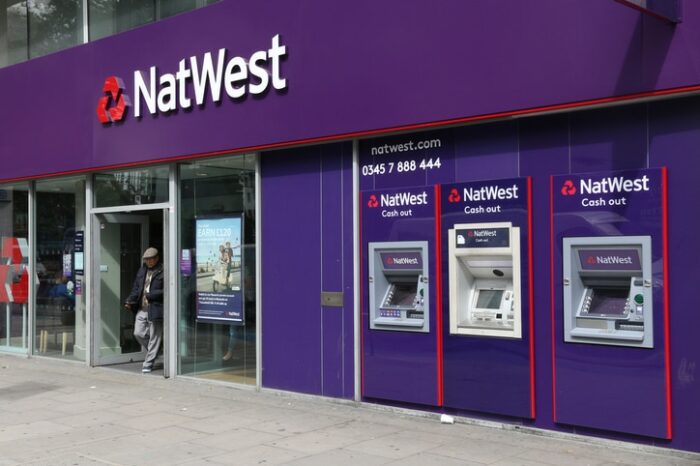In a landmark move signalling a shift in the British banking sector, the government has relinquished its position as the majority shareholder in NatWest, previously known as the Royal Bank of Scotland (RBS), by reducing its stake to below 30%. This transition marks a pivotal moment for the bank, which the government rescued through a significant bailout during the peak of the global financial crisis.
The UK Government Is No Longer the Leading NatWest Shareholder

For years, the fate of NatWest has been closely intertwined with governmental strategies aimed at stabilising the UK’s financial system during tumultuous times. The recent announcement by the finance ministry highlights a deliberate and ongoing effort to transition the bank back into full private ownership. This process has been meticulously managed by gradually selling the government’s shares to institutional investors.
Economic Secretary Bim Afolami heralded this development as a “significant milestone,” emphasising the government’s commitment to restoring NatWest to its private roots. The journey to this point has been arduous but deliberate, with the government initially acquiring a controlling stake in the bank to prevent its collapse, which could have exacerbated the financial crisis further.
This bailout’s strategic importance was to safeguard the bank and stabilise the broader UK banking sector and, by extension, the global financial ecosystem. The sale of the government’s shares under its trading plan to institutional investors indicates a vote of confidence in the bank’s current health and prospects.
Don’t miss out the latest news, subscribe to LeapRate’s newsletter
The move is not merely a transaction but a symbol of NatWest’s progress since the financial crisis. The bank has undergone extensive restructuring, streamlining operations, and reinforcing its financial stability to regain its standing in the banking community.
This reduction of the government’s stake is also reflective of a broader strategy to reduce public sector involvement in the financial industry, allowing the market to dictate the operations of these entities more freely.
By decreasing its ownership to below 30%, the government is sending a clear signal that it believes NatWest is well-equipped to navigate the challenges of the financial world independently. As NatWest continues its transition back to private ownership, the implications for its strategy, governance, and operations will be closely watched.